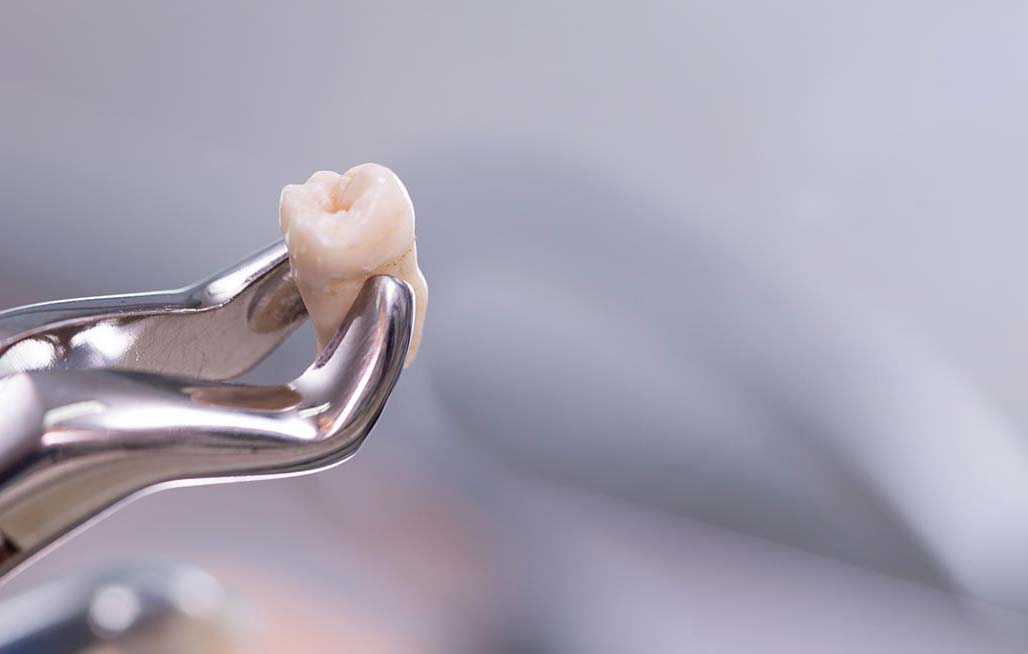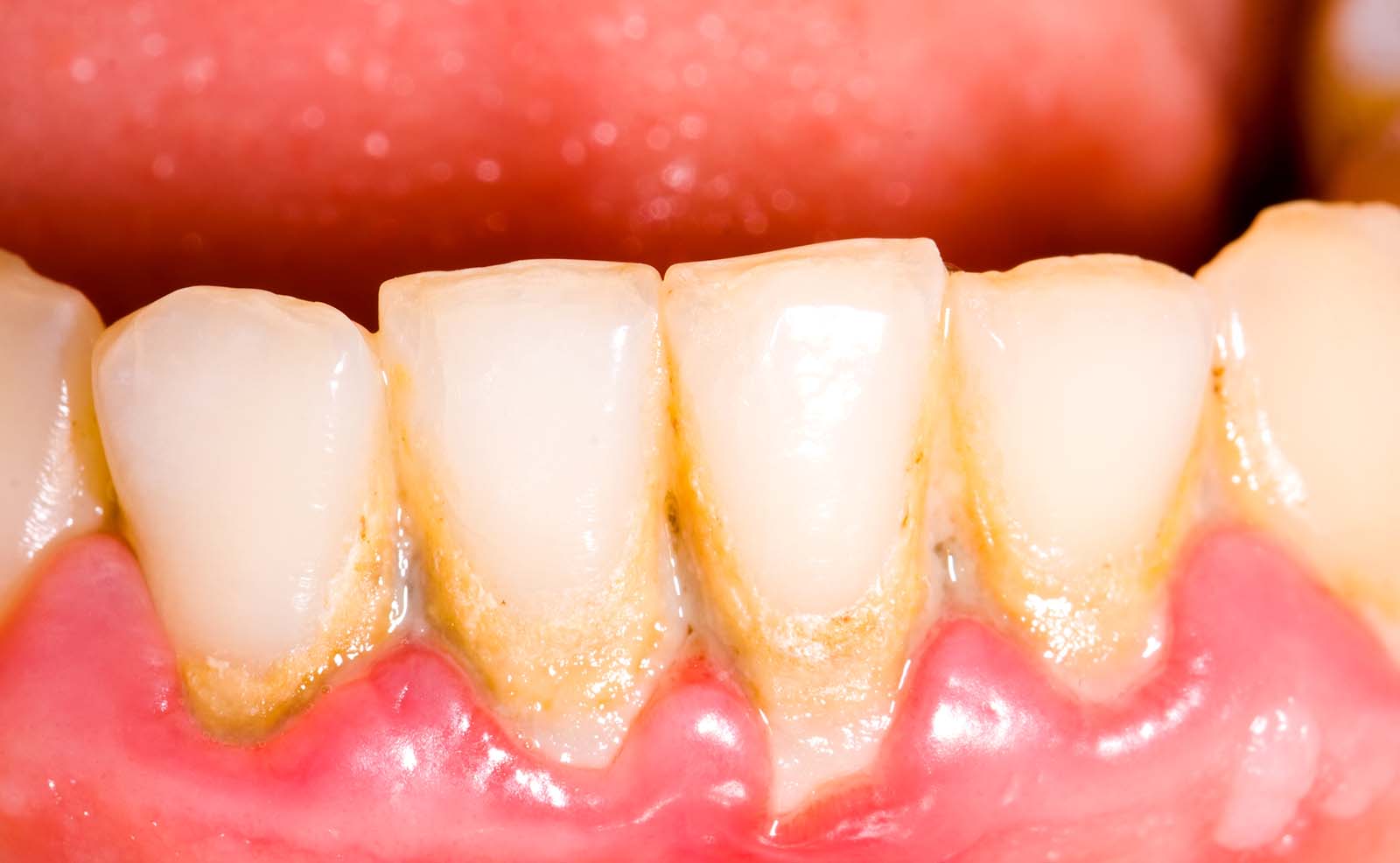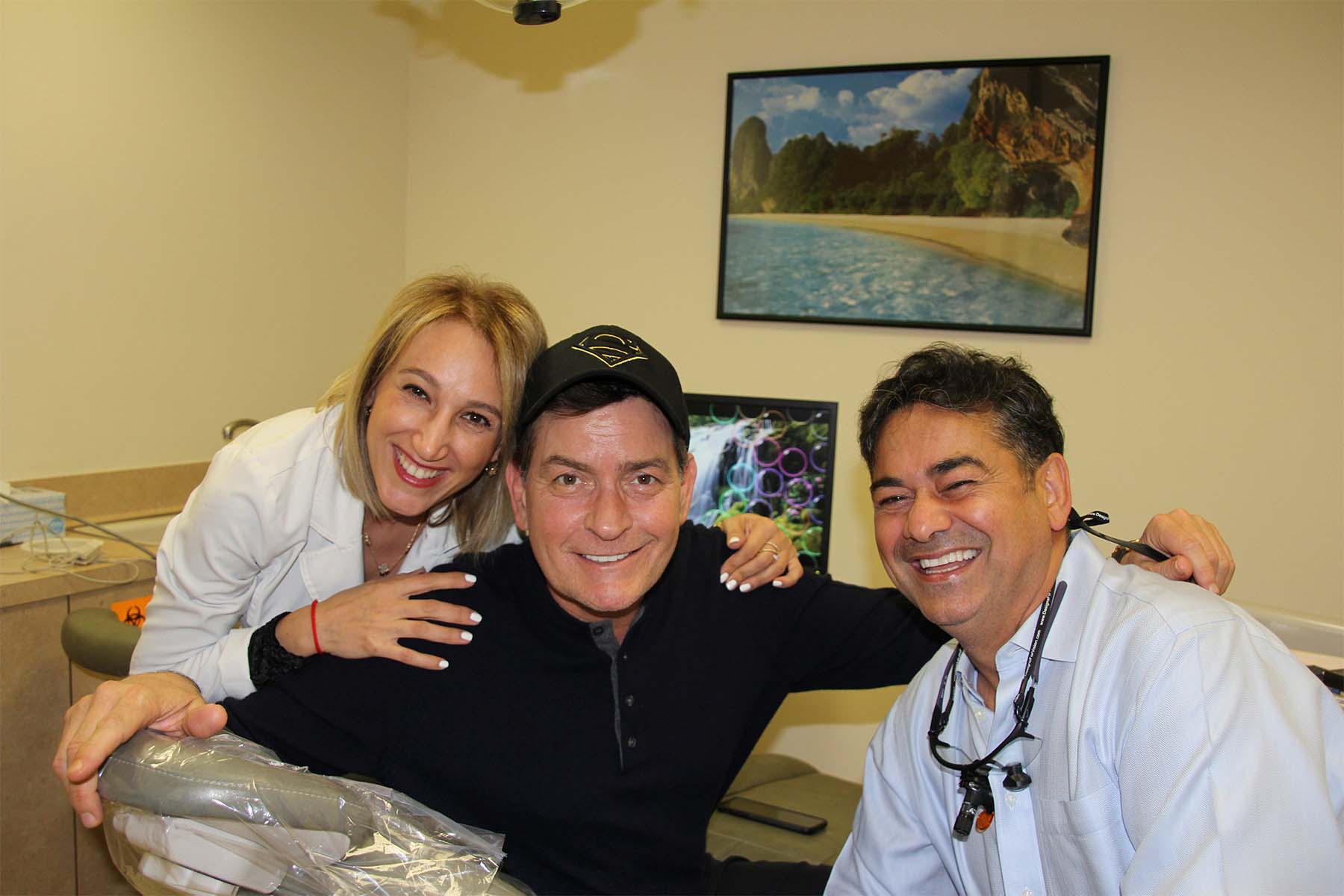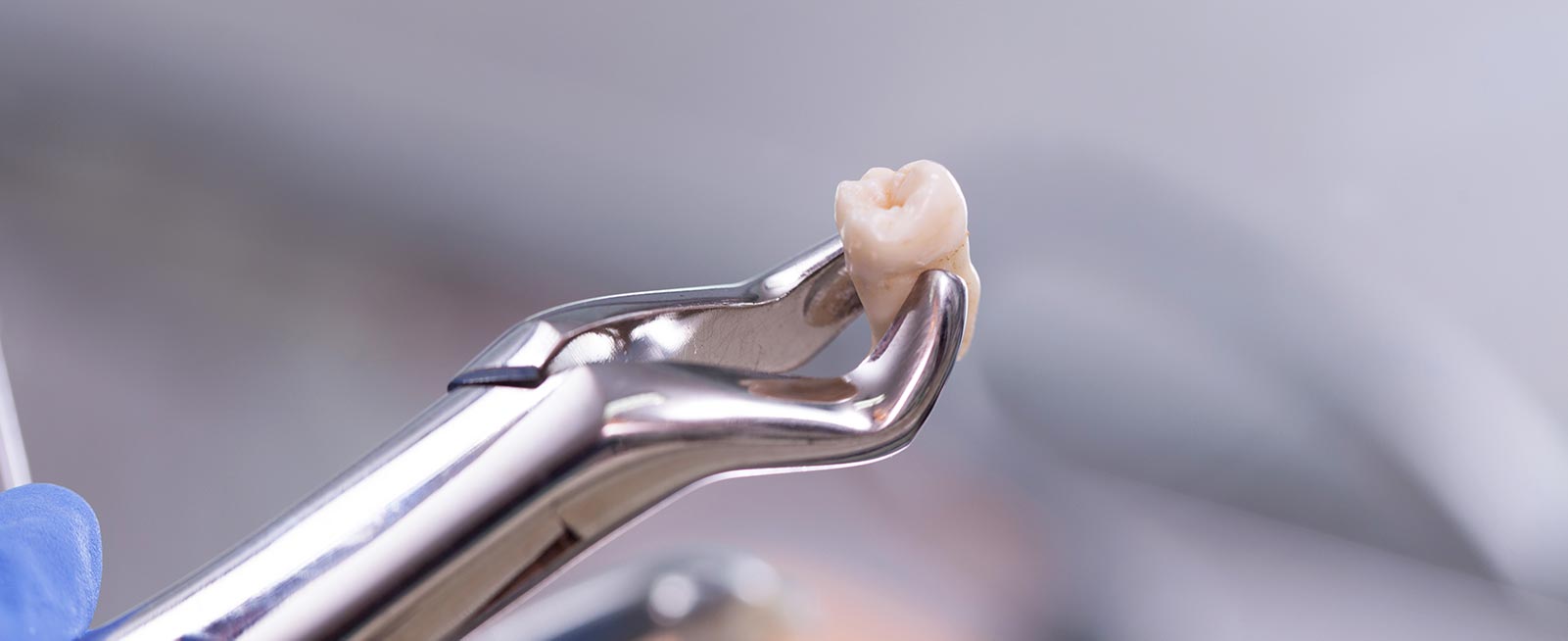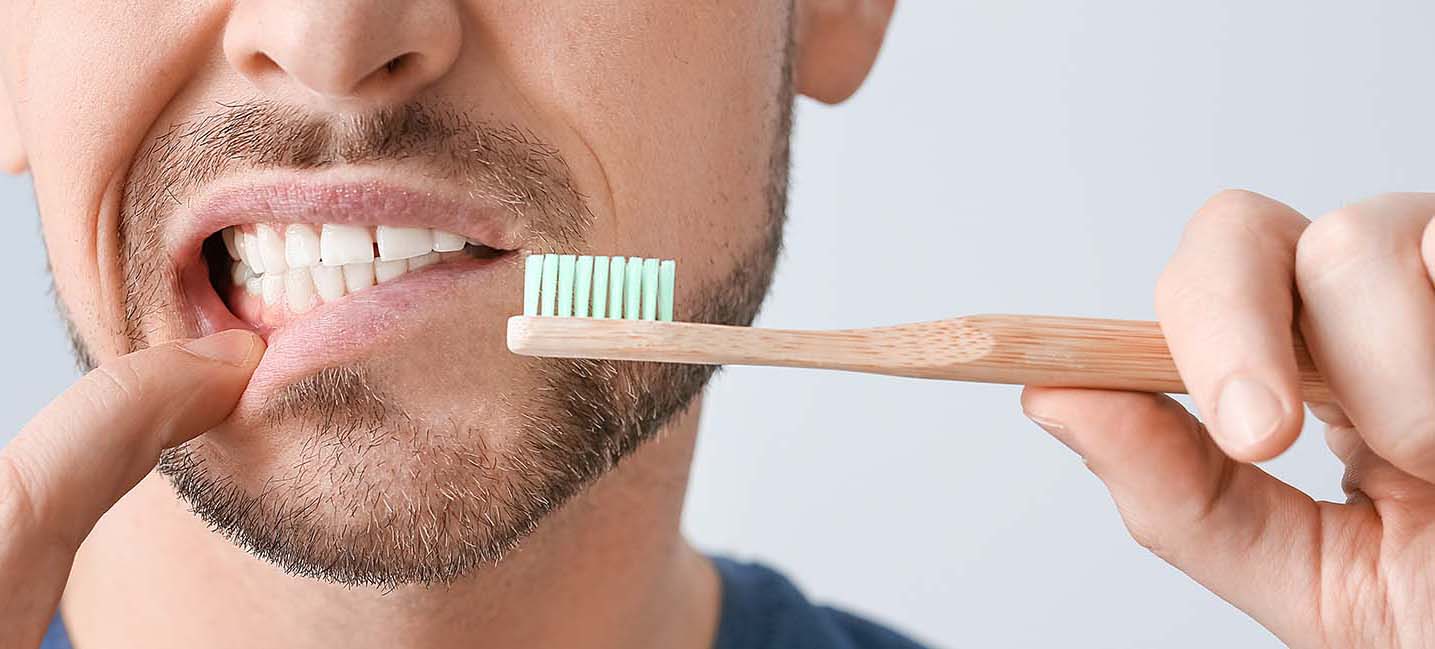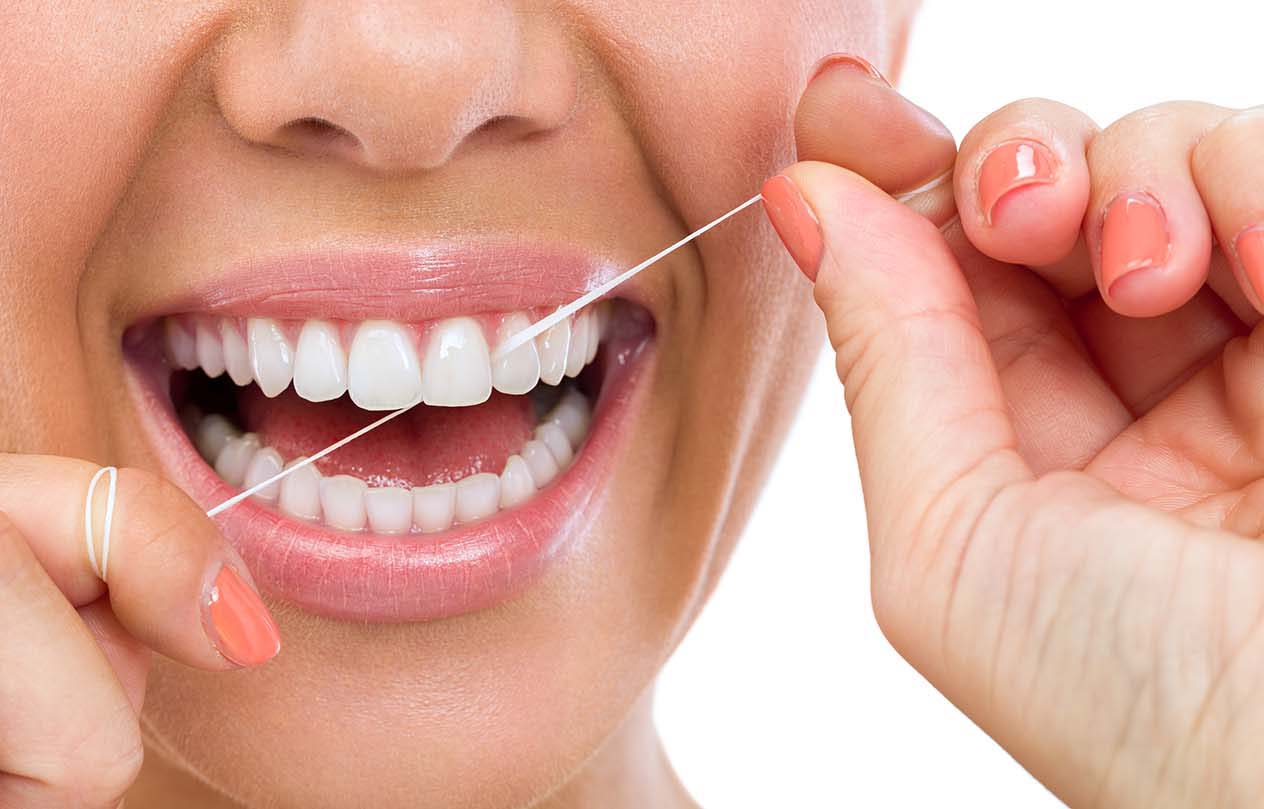Although the recovery time for a tooth extraction will depend on several factors such as the procedure you had done, the rate at which your body heals, the number of roots involved, and the size of the hole, there are some guidelines for it. A simple extraction with a single root can close and heal in about a week, but a large tooth that has several roots can take several months to heal. Read on to learn more about various dental extractions and their healing times.
Why Would I Need A Tooth Extraction?
A tooth extraction might be needed for varying reasons such as trauma, disease, overcrowding, or impaction, among others. It’s not always due to improper or inadequate oral hygiene, although it can be. Generally, the more complex the procedure, the longer it will take to close and heal. Extractions are usually performed when the dentist cannot save the tooth through traditional means such as a filling, crown, or root canal.
If you need a tooth extraction due to disease or decay, you shouldn’t delay seeking treatment. When a tooth is infected or diseased, the bacteria can travel throughout your body and infect your major organs. Tooth decay has been linked to severe illnesses such as heart attack, stroke, dementia, diabetes, and premature death. It can spread to your other teeth and cause the loss of all your teeth. It can also spread to your gums and cause gingivitis to start.
If you have a severely decayed tooth, it needs to be extracted so that you don’t jeopardize both your physical and your oral health.
What’s The Healing Timeline For A Tooth Extraction?
Although the rate of healing will vary according to the individual, you can generally expect the following after a tooth extraction:
Days 1 – 2
During the first day or two after your extraction, you’ll probably feel poorly, and you may have some pain and minor swelling. If you have severe pain that the non-prescription medications don’t alleviate, then your doctor may prescribe a stronger medication for you. However, in most cases, the pain is manageable with over-the-counter pain medications. Be sure to get an ample amount of sleep and rest with your head elevated. Don’t touch the gauze except to change it. Avoid drinking through straws or smoking so that the suction doesn’t disrupt your clot formation. You shouldn’t have any bleeding after the first day, but if you do, contact your doctor.
Days 3 – 10
By this time, your incision should have clotted and and it should be at least halfway to completely healed. The swelling should have subsided, and the bleeding should have stopped, although you may have some residual soreness. If you still have bleeding and pain, contact your doctor. You can resume brushing and flossing but avoid the extraction site. Your diet should still consist of soft foods such as applesauce, mashed potatoes, soup, and yogurt. Avoid hard, crumbly foods or anything that can accumulate in the empty socket. If you get something in the empty socket, be sure to remove it promptly to avoid infection and soreness.
Days 11 – 14
If your doctor hasn’t already removed your non-dissolving stitches, they probably will at this point. You may still experience tenderness or soreness at the site, so avoid brushing or chewing on the area. Doing so can cause the site to re-open, and you risk developing an infection. After two weeks, you’ll probably have a follow-up appointment with your doctor to ensure that your incision is progressing well. If not, then schedule one.
Days 15 – 21
By this time, your site should be almost completely healed, although there may be residual sensitivity in the area. However, if you had a molar extracted, an impacted tooth removed, or a large tooth extracted, then your site will take longer to heal, and your recovery may be somewhat longer than is indicated on this timeline.
One To Four Months Post-Surgery
By one to four months after your tooth extraction, the hole should be completely healed over. There should be no indentation remaining at the site, which indicates that your jawbone has rebuilt the bone underneath the soft tissues, and you should have a new, intact jawbone. By this time, you should have regained full use of your jawbone, and there should be no residual issues. If there are, then contact your doctor.
Is The Timeline The Same For All Types Of Tooth Extraction Recovery?
The timeline for healing after your tooth extraction surgery will be unique to you and will depend on several factors. Primary among those is the rate at which your body heals. Some individuals heal very rapidly, while others heal very slowly. Additional influencing factors include the type of tooth extracted, the number of roots that had to be removed, and the total number of teeth involved. Generally, those who eat a healthy diet tend to heal faster than those who survive on fast food and processed food because the body has all the nutrients it needs to commence the healing process.
How Long Will The Pain Last?
For the first day or two, you may have mild to moderate pain if you’ve had an extraction. After that, both the pain and swelling should have subsided, and you shouldn’t experience anything more intense than perhaps mild discomfort because the area is healing and therefore sensitive. If you’re experiencing pain after three days, contact your dentist. There may be other factors involved.
Is The Pain Level The Same For Grafts And Implants?
Bone graft pain and dental implant pain are generally more intense and require prescription medications, particularly for those who have a low pain threshold. Healing time will be longer for implants and grafts because they’re more complex procedures than extractions.
Are There Any Home Remedies I Can Use?
Some types of home remedies can help alleviate both pain and swelling, particularly for those who try to avoid prescription medications. Some home remedies include:
- Ice packs: Wrap an ice pack in a towel and hold it against the outside of the jaw where the tooth was extracted. Don’t apply an ice pack directly to your skin, however.
- NSAIDs, or nonsteroidal anti-inflammatory drugs, may help alleviate your swelling and discomfort. You probably shouldn’t use aspirin, however, since it’s a blood thinner, but ask your doctor about it.
- Saline rinse: You can rinse with warm salt water after 24 hours, or you can use a commercial saline rinse. Be sure to wait at least 24 hours, though, so that you don’t dissolve your blood clot.
If You Had Multiple Extractions On Both Sides…
If you had multiple extractions, then you’ll likely be placed under general anesthesia. This type of situation is considered a special circumstance, and you’ll receive special instructions for your aftercare. You’ll also need someone to drive you home after the procedure. Your body will probably take longer to heal because it has several extraction sites to repair.
Are There Aftercare Procedures To Follow?
Every surgical procedure has aftercare instructions that encompass caring for the wound, diet, exercise, and pain management. If you’ve had a tooth extraction, then the following is probably applicable to you:
Do These Things
- Keep a gauze pad on the incision for at least 30 minutes after the procedure. Not only does this facilitate clot formation, but it keeps debris from contaminating the site.
- Keep a cold pack on your jaw in the area of the incision. This will help to reduce the swelling.
- Rinse with salt water to keep the area clean.
- Get an ample amount of rest and keep your head elevated.
- Stay hydrated by drinking tepid water.
Don’t Do These Things
- Avoid rinsing your mouth for the first 24 hours.
- Avoid strenuous activity for the first few days.
- Avoid smoking, spitting, and drinking through a straw for the first few days. These actions can cause suction that will dislodge your clot, and you’ll start to bleed again.
- Avoid alcohol either in a drink or a mouthwash for the first 24 hours.
- Avoid seeds, nuts, and fruits like strawberries that have external seeds.
How Can I Speed Up My Recovery Time?
If you know you’re going to have oral surgery, then change your diet so that it’s as healthy as possible. Stop smoking and avoid alcohol and drugs. Be sure to get plenty of vegetables and lean protein. This will help your body build its immune system and improve your nutritional status. Of course, this is good advice whether you’re having oral surgery or not. Some spices and herbs also claim to speed healing, such as cinnamon, peppermint, turmeric, and myrrh essential oil, but these are anecdotal claims that haven’t been validated by formal research. The best method to speed healing is to follow your doctor’s aftercare instructions.
How Will The Extraction Site Appear?
After your clot has formed, you’ll notice off-white tissue at the site. This is called granulation tissue and protects the clot and the site while the new bone fills the hole.
Are There Any Risk Factors I Should Be Aware Of?
All surgical procedures carry an element of risk although doctors make every effort to minimize the possible risks. A dry socket is the primary risk factor and it occurs when a blood clot doesn’t form over the hole. This interferes with the growth of new bone tissue, which prohibits gum tissue from forming over the clot. The following conditions may increase the risk of developing dry socket syndrome:
- Chewing, smoking, or vaping tobacco products
- Contamination from bacteria and food debris
- Infection in the tooth hole
- Injury at the extraction site
- Previous episode of dry socket
- Using oral contraceptives
When Should I Contact My Doctor?
If you experience any of the following, call your doctor without delay:
- Bad taste in your mouth even after rinsing
- Fever
- Foul odor or pus
- Heavy bleeding
- Hole isn’t getting smaller or clotting after two to four days
- Nasal discharge that’s bloody
- New or intense pain
- New or increased swelling more than three days post-procedure
- Numbness, tingling, scratchiness, or throbbing in the tooth hole or general area
- Visible bone in the hole
Are There Any Potential Complications?
Any surgical procedure involves the possibility of complications. However, we make every effort to minimize the possibilities of complications. If you notice any of the following, then be sure to contact your doctor without delay:
- Continued bleeding
- Dry socket
- Ear pain, especially if it’s severe
- Fever
- Foul-smelling drainage
- Nausea
- Swelling that doesn’t subside or increases
- Vomiting
- Weakened immune system response, particularly for those with any autoimmune disorder
If you have any questions on the rate or status of your recovery, be sure to call your doctor’s office. The healing process is always unique to the individual, but the above are indicators that you may have a problem, so don’t ignore their presence. The sooner you attend to any potential problem, the quicker you’ll achieve total healing.
What’s The Cost Of Tooth Extraction?
The cost of tooth extraction surgery depends on several factors including the:
- Size and location of the tooth involved
- Number of roots involved
- Number of teeth involved
- Amount of any additional procedures you need
- Coverage provided by your insurance provider
Each procedure is unique to the individual, so we’ll provide you with a detailed estimate during your initial appointment. We accept all major credit cards and we offer interest-free financing OAC as well as a variety of third-party financing options. We don’t want you to forego the dental care you need due to budget constraints, so we strive to provide affordable care to everyone, no matter their income level. Ask us about our financing options when you come in for your appointment.
If You Need Tooth Extraction Surgery…
If you live in the Los Angeles area and need tooth extraction surgery, then your first call should be to Southland Dental Care at 818-788-8787. We’re a full-service dental facility and provide tooth extractions as well as periodontal procedures and cosmetic dentistry. We know that all our patients lead busy lives, so we’re open Monday through Friday from 8:00 am to 6:00 pm and Saturday by appointment. We know it can be challenging to get to the dentist during the week, so we do our utmost to accommodate our patients’ hectic schedules. Good oral health is as important as good physical health, so if you need a tooth extraction or any other dental procedure, we can help you. We’re located at 4312 Woodman Ave, #100, in beautiful Sherman Oaks, CA 91423. Call us today for a tooth extraction appointment or any other dental procedure. You can also book your visit online at your convenience.





